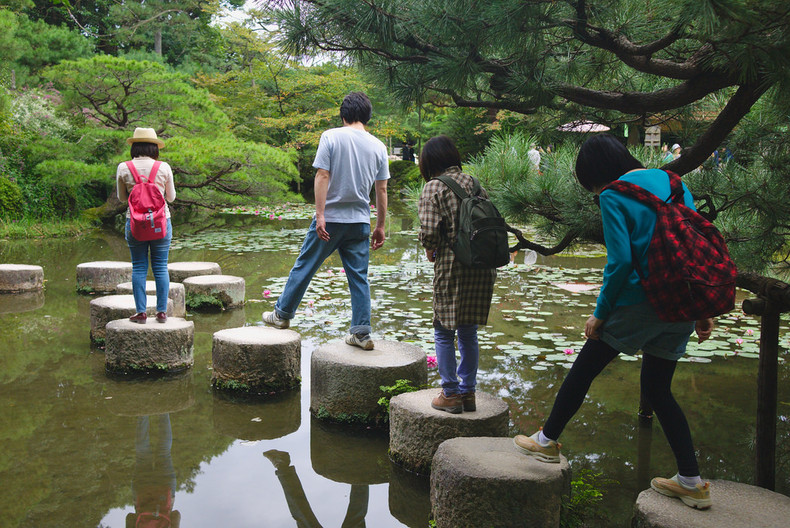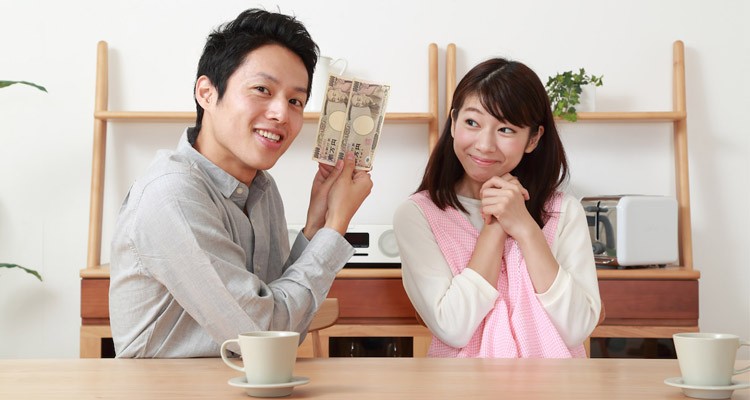Japan is a very small country and has a population of about 127 million people, some might even think that in Japan birth is controlled, or that it is only allowed to have one child in the country. The truth is that Japan suffers exactly the opposite, the government is encouraging the population to have as many children as possible, but unfortunately couples do not want to.
Japan has one of the lowest birthrates in the world, surveys show that the population is aging and the number of young people is decreasing, and nobody wants to have children. It is believed that if this continues, several cities will be abandoned, resulting in various economic and social problems.
The Government has done its utmost to encourage couples to have children, there is even financial aid from the government for those who have children. Even the Japanese have conditions, they know the difficulty of raising a child.
In addition, the Japan allows abortion, further lowering the birth rate. This is a completely opposite scenario in Brazil, where people without conditions raise many children and this ends up generating poverty, crime and expenses for the government.

Índice de Conteúdo
How many children do the Japanese usually have?
Japan's birth rate is 1.34 per woman. This is a very low number that causes the population to progressively decrease, about 0.16% per year.
In Japan, only about 1 million babies are born a year, and research shows that number will decline. In the past, in 1925, the birth rate was 5 children for every woman, and it gradually decreased.
Here are some interesting facts about the Japanese population:
- Most couples usually have just one child, usually no more than 2 or 3;
- 13% of the Japanese population are between 0 and 14 years old;
- 60% of the Japanese population is between 15 and 64 years old;
- 26% over 65 years old;
- There are a large number of women over 30 who are single;

Fun facts about mothers and their children
- Mothers do not breastfeed in public;
- Having a nanny is rare;
- After the first child, many stop working outside the home;
- Schools are not public in Japan;
These factors also end up contributing to the birthlessness in Japan. Raising children is a big responsibility, and the Japanese think a lot before making any decision. This is totally correct, because unfortunately many countries have children and are not able to educate them or take the time to spend with them.
Women often have to choose between a career and a family. According to some statistics, around 70% of Japanese women are essentially forced out of work after their first child.
Incentive measures to have children in Japan
The government and companies have done their best to encourage couples to have children. They also encourage those singles to get a wife. Unfortunately men don't usually relate as much due to shyness, and lack of commitment. Many are not in need of women to satisfy their sexual desires.
The government has offered many types of aid, allowances and subsidies. Parents usually receive a grant of 15,000 yen a month to help raise and breastfeed their child. The government also offers more benefits for those who have 2 or more children. Some provinces even offered very high amounts to encourage having children.

In addition to government financial aid, some companies such as Canon have cut hours and encourage couples to have children. TV shows, Dramas and Anime end up featuring large families with several children to encourage couples to have them.
In addition, companies have launched several products and simulators to encourage young people to find girlfriends, unfortunately sometimes this has the opposite effect and makes some isolate themselves. The media also tries to encourage couples to have more sexual relations, as this has also decreased with some couples.
Lack of Interest in Sex
Research shows that one of the main causes is the lack of sex, even among couples. In this article we want to discuss whether the Japanese have really lost interest in sex and what are the real reasons for the drop in birth rates.
Lack of interest in sex is known to sekkusu shinai shokogun or "celibacy syndrome". Surveys carried out claim that more than 50% of the population did not have sex for up to a month.
Even married Japanese people say they don't have much sex most of the time because they arrive tired from work or simply lack interest. This is another big factor for the birthlessness in Japan.
Since the mid-1990s, Japan's economy has stagnated and prices have risen. This has made it increasingly difficult for young people to leave the house and have their own lives, at best they resort to small cubicles. It's hard to start a family like that.





